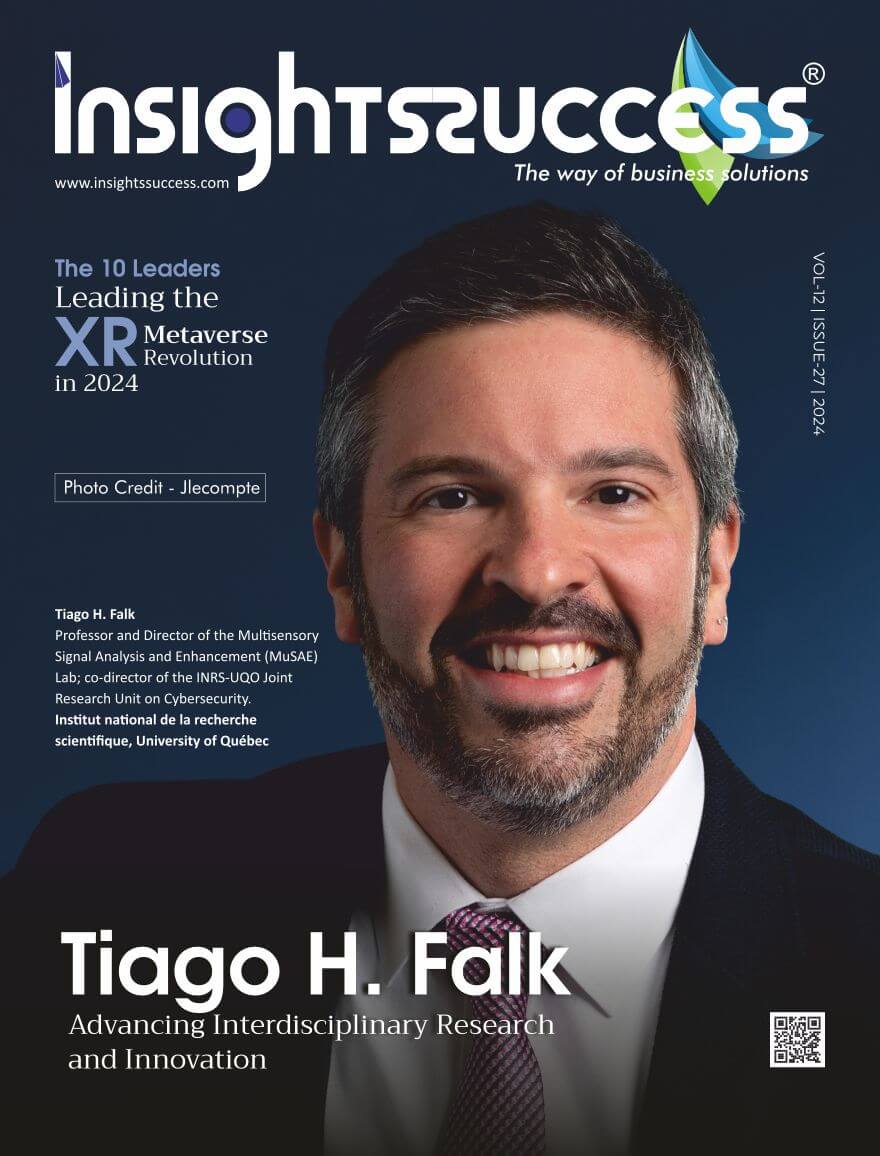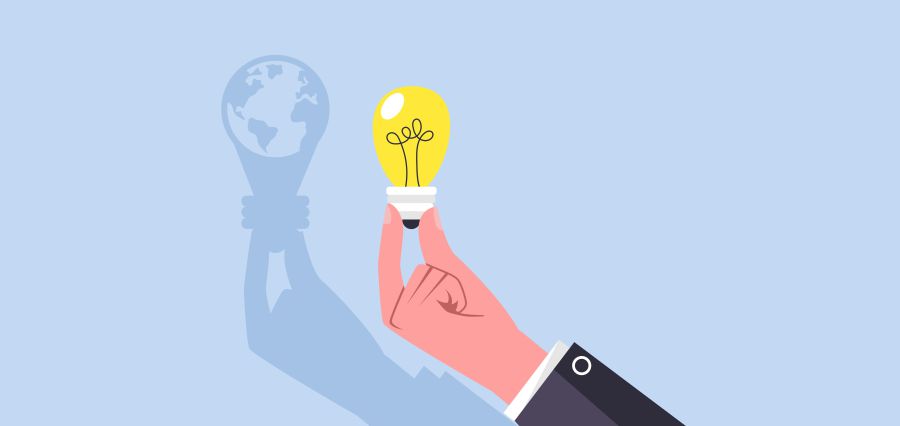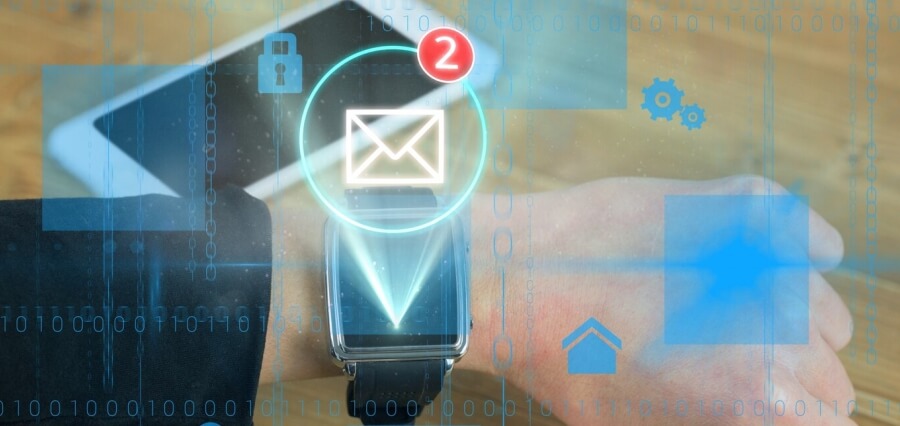The number of people with diabetes has risen from 108 million in 1980 to 422 million in 2014. Diabetes is the decease present in every age group, and not having a cure is growing significantly. With the celestial vision to deliver a tool to dietetics that prevents borderline diabetes from getting the disease, Alertgy was established in February 2016. Most of the founders have a personal experience with diabetes and witnessed the challenges of managing the disease. Pertaining to these experiences the team of experts envisioned a future where diabetics can have a truly noninvasive continuous monitor and alert system that is inexpensive and easy to use. A system that automatically alerts about the blood glucose levels getting high or low. They created a worry free solution, giving doctors and patients the best data to help in managing the disease. Alertgy provides the world’s first truly noninvasive continuous glucose monitor (NICGM) and alert system. The solution is powered with the application of advanced dielectric materials, sensor design, signal generation/ extraction/ processing technology.
There are No Coincidences
CEO, Marc Rippen is leading the Alertgy team in the successful commercialization of their unique and proprietary technology. He is an effective, passionate and truly visionary leader who routinely thinks out of the box to solve difficult problems. He has a proven track record in efficiently program managing complex applied research and development multidisciplinary teams on multimillion dollar contracts to develop, fabricate, test, optimize and deliver working prototype solutions to clients. Alergy came in existence when he discovered his wife a brittle type 2 diabetic and had chances of going into a coma. Desperate to find a solution he developed a noninvasive wearable device that works with a phone app to alert diabetics and their loved ones when the blood sugar levels are dangerously low or high. The app provides continuous data on present blood sugar levels and trends, so diabetics can make the best choices to manage their condition.
While describing about the experience of innovating a unique solution Marc mentions, “When I made it my mission to develop a truly noninvasive continuous blood glucose system, my first step was to study what was has been done in the past, what is being done in the present, and what was being developed for the future.” While researching Marc discovered that many universities attempted the same methods that he was studying. He also found a well-documented technology that has been demonstrated by multiple universities to be capable of truly noninvasive continuous blood glucose monitoring, Dielectric Spectroscopy. However, the universities were not able to come up with a practical means to reduce the system into a wearable device.
Before the ideation of Alertgy, Marc was the director of engineering of the Marine and Space Technology Group of the Stanford Research Institute. He worked for SOCOM in developing marine submerged electromagnetic sensor networks which co-incidentally held the key to developing a wearable device. The advanced dielectric materials, sensor, and electromagnetic signal generation, extraction and processing he had developed along with his team for military applications was then used to solve the biggest challenge in the diabetes industry to develop an accurate truly noninvasive continuous glucose monitor. After couple of months the first prototype of the solution was fabricated and demonstrated to be functional.
Demonstration and documentation of the innovation was crucial in moving forwardt. Most of the staff of Alertgy was healthy and had no symptoms of diabetes or high blood glucose levels. Thus, Marc volunteered himself for the device test. His father had died from complications from diabetes thus he thought he can be probably be on the borderline. He drank a 44 oz coke slurpy and feasted on 2 Boston crème donuts and gave the test. The team used three different glucometers to compensate for the fact that the results vary by up to 20% in the readings they give, and the device uses the average to calibrate the system. After pricking Marc, two glucometers diagnosed HIGH and one read 587. Marc was over range. While discovering the solution he discovered he himself was in diabetic. He started this to help his wife and all the other diabetics in the world and saved his own life.
Set to Make the Mark
Alertgy harnesses the application of advanced technology efficiently by truly using out of the box thinking. By using a highly multi-disciplined approach with a can-do attitude Alertgy can take an idea and reduce it to practice from a concept drawing on a napkin to functional prototype in literally a few days. The company constantly strives to improve its solutions and listens to strategic partners and potential customers to see what it needs to change or how it need to approach.
With its commitment, Alertgy brings the needed expertise and experience for success that span innovation, taking companies from seed to public in variety of high technology industries, developing prototypes, manufacturing, healthcare, human factors, biomedical engineering, implementation, clinical trials, and C-suite experience in Fortune 100 companies.
Marc believes Alertgy can become a billion-dollar company in less than 5 years. This is validated by the fact DEXCOM, whose only product is a very invasive and expensive continuous blood glucose monitoring system has a valuation of over 10 billion dollars, with just a type 1 diabetic market (Which is less than 3 percent of the total diabetic market).
The NICGM Alertgy product gives type 2 diabetics a means to track their blood glucose totally, non-invasively, and continuously without chemical reactions on their skin or expensive needle sensors implanted under their skin that must constantly be replaced. The type 2 market is the other 97 percent of the obvious diabetic market. Then there is the borderline diabetic market which is one-third of the world’s population. In addition, the unique Alertgy solutions have a promising future where their technology can be used to monitor for many other diseases and be used to diagnose them and better manage them.



















